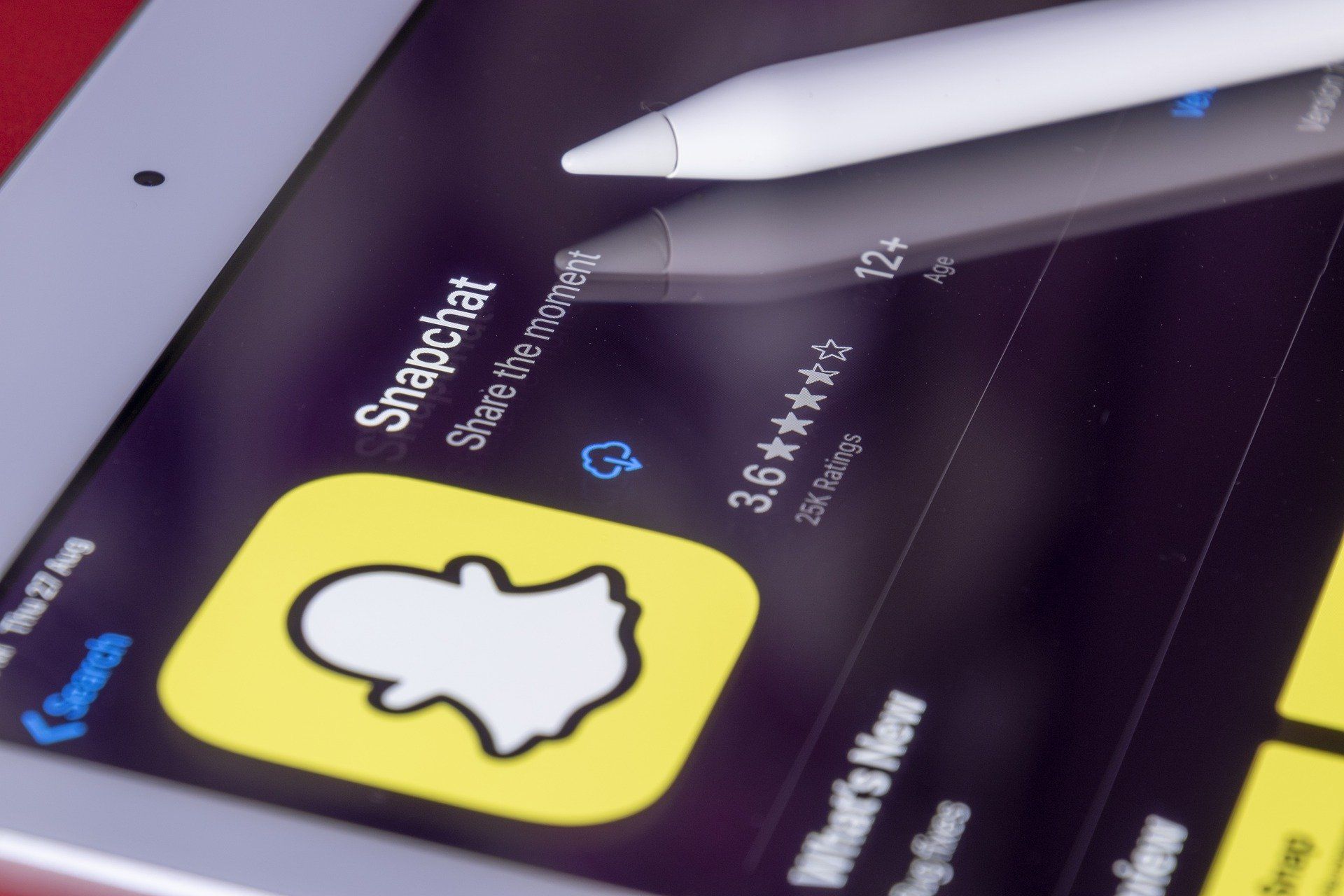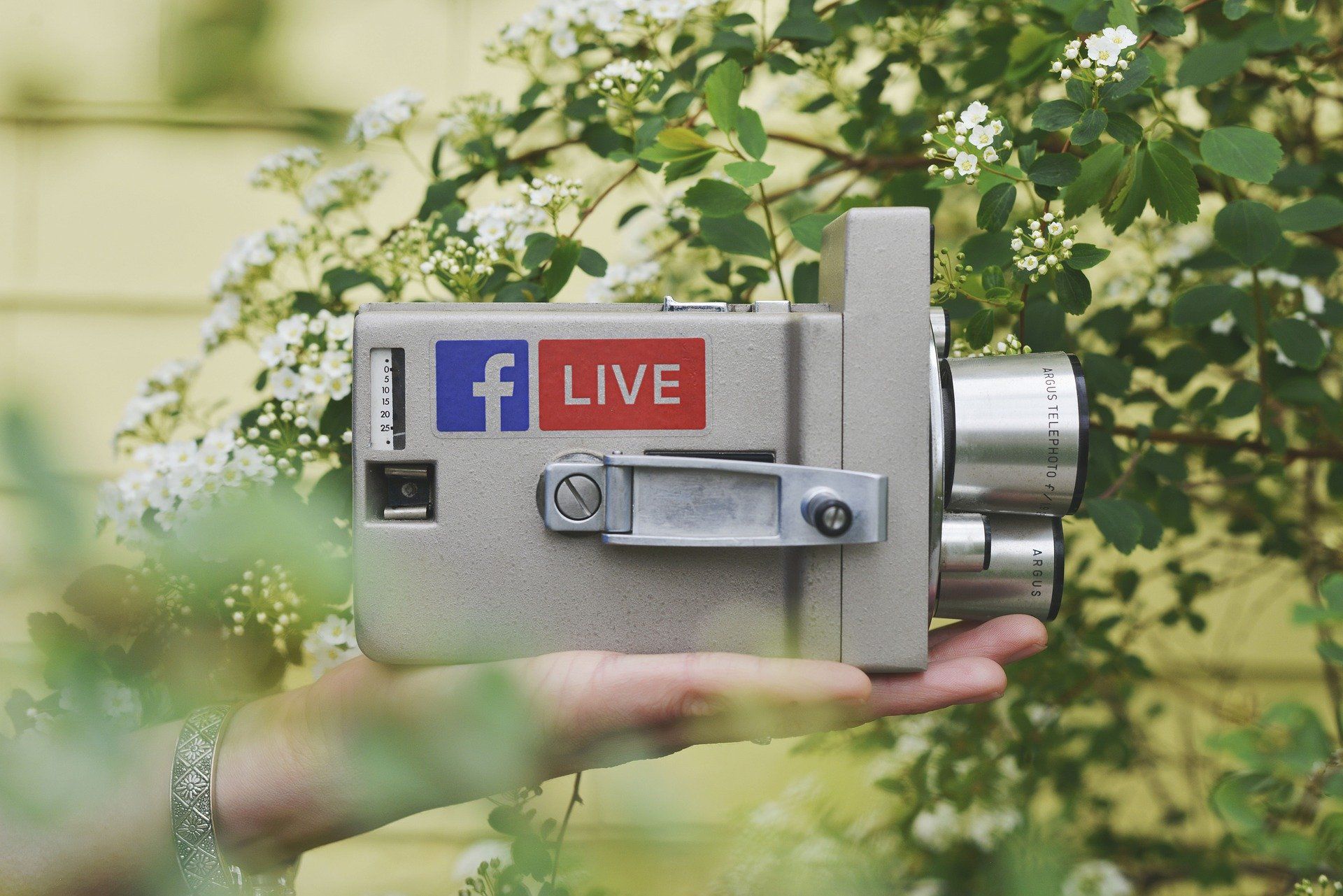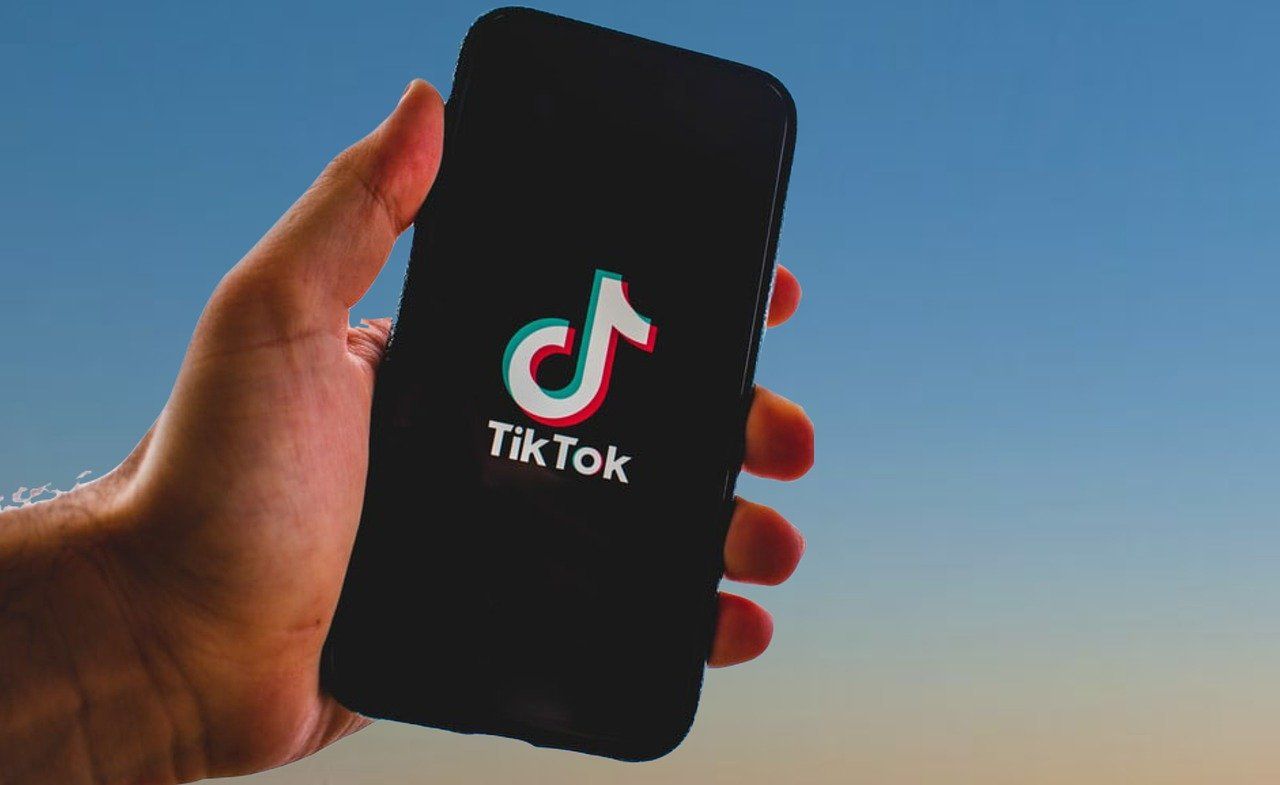Are some social media sites too outdated to be useful to campaigns anymore?
More than likely, you have a few social media sites that are your go-to when creating campaigns for your clients.

These are some of the most popular social media sites that are used to create successful campaigns:
- Snapchat
- Tumblr
What about some of the more outdated social media sites? Are the sites we used to know truly gone or can we somehow integrate them into our current campaigns and keep our clients happy?
Social media sites are ever-changing and sometimes don’t keep up with the current need or want of the client. Here are a few social media sites you may have forgotten or not even heard of before.
- Friendster
- MySpace
- Orkut
- Yahoo Buzz!
- Google+
- Ello
- Foursquare
- Meerkat
Have all of these social media platforms been pushed aside by bigger, more well-known sites or have some evolved?
The answer is both, some sites have died out but others found a way to compete with the social media giants. Social media sites have had to keep evolving over time in order to keep up with the more popular sites. One example of a site that has died out is Meerkat.
Meerkat was released in February 2015, but was shut down on October 4, 2016. It had originally started out as an app used for live-streaming videos. Unfortunately, Meerkat was unable to continue in the direction of live-streaming because it could not compete with other forms of live-streaming such as Periscope and Facebook Live. Even though not all of these social media sites have lived long enough to become relevant to our clients outside of the social media giants, not everything about them is completely gone.
Another example to take note of is the social media app Foursquare. You probably remember people using this app to try to be ‘Mayor’ of your block or a certain location. Although Foursquare itself did not continue to grow into something more, it is still around today.
The concept of Foursquare has been used in many other apps such as Pokémon Go. Instead of shutting down completely, Foursquare found a way to license the technology they used for location. This in turn helped them to stay alive.
While some social media sites are no longer useful to our clients, the main point is social media sites; even old ones can still be relevant. Social media is changing so quickly that we need to be prepared for anything. Some of the most popular sites like Facebook, and Twitter may not always be as relevant as they are today.
Some social media sites are too outdated to be considered useful in our line of work anymore. Although some social media sites may not always be at the forefront of our minds, their technology can still be used to influence some of the next big sites. In order to better assist our clients, we as our company’s representatives need to be aware of different types of social media, even the ones that are no longer considered popular. Some of the sites that are no longer popular are now the backbone of the technology we have today.
Some of the technology that came out of the outdated social media sites is still incredibly useful and has paved the way for new sites that our clients frequently use.
Our job should be to continually evaluate not only the most well-known sites but also keep our eyes on less popular, potentially even underutilized sites that might have an especially unique opportunity for our clients.










